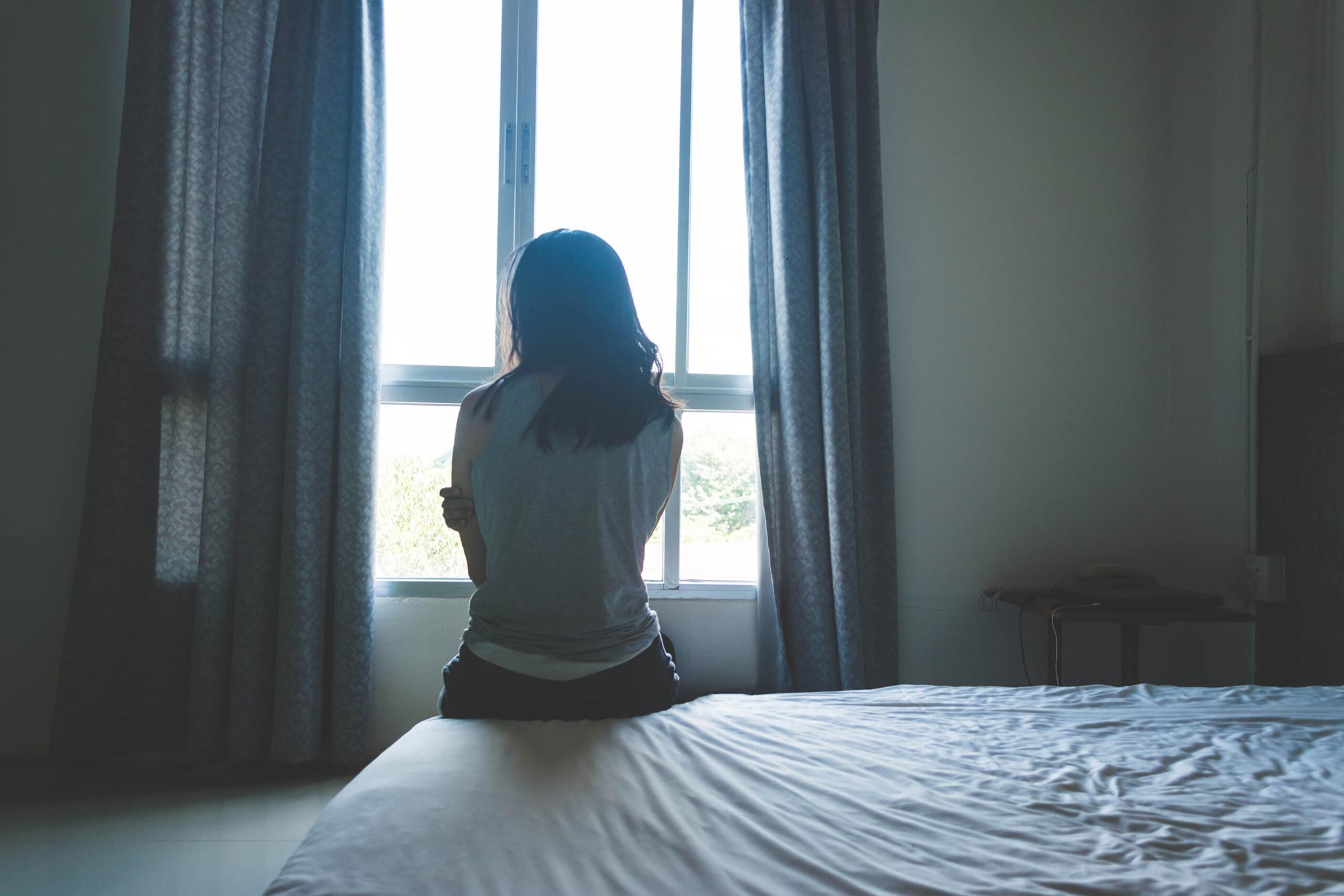Human trafficking is a multibillion-dollar industry that exploits and endangers millions of people worldwide. It can take various forms, like sex trafficking or labor trafficking, and in most cases, victims are abused, manipulated, or threatened with inhumane or illegal activities.
The truly devastating reality is that anyone could be a victim. So, what happens if you suspect someone could be the victim of human trafficking? Here are some signs that may help you identify a person in need of saving.
Signs someone is being trafficked
According to Shared Hope International, a few warning signs that someone is a victim of sex trafficking include:
- Physical abuse such as burn marks, bruises, or cuts
- Unexplained absences from their day-to-day activities
- Overly tired, withdrawn, depressed, or distracted
- Brags about making or having lots of money
- New tattoos (often used to brand victims)
- Older partner or new friends with a different lifestyle
- Shows signs of gang affiliation
- Avoids eye contact
Labor trafficking warning signs often match those of sex trafficking, but according to the Polaris Project, some specific signs include:
- Pressure to stay in a job
- Inability to come and go as desired
- Employer withholds legal documents
- Owes a large debt with the inability to pay it off
- Lives and works in isolation
- Excessive hours in unsafe conditions
- High security measures and consistent monitoring at work or at home
What can you do?
Now that you know the potential warning signs of human trafficking, it’s important to understand how to take action. First and foremost, you need to keep yourself safe. Make sure you are not jeopardizing your safety, especially if the trafficker is nearby. If possible, place yourself and the victim in a secure environment before confronting them about their situation. Be empathetic, express concern while respecting their choices, and empower them to make their own decisions. Most importantly, be patient and go at their pace and stay within their comfort level.
If you are able to record descriptive information like vehicle details, personal identifiers, and apparel, share this information with law enforcement and the human trafficking hotline (888-373-7888).
If you or someone you know is a victim of human trafficking, don’t hesitate to find the support you need. You can connect with Valley Oaks Health and take part in individual or group counseling sessions to share your story and leverage the resources we offer. There are even specialized resources to support victims of this terrible crime.






